Dlp Tle Grade 7 Dressmaking Week 8 Docx Republic Of The Philippines Vrogue
Fashion Design May 24, 2022 The first record of the word 'dressmaker' was in 1803. However, dressmaking has been around for much longer. It came long before the development of spinning yarns and weaving. However, the dressmaking process was quite different from what we know presently.
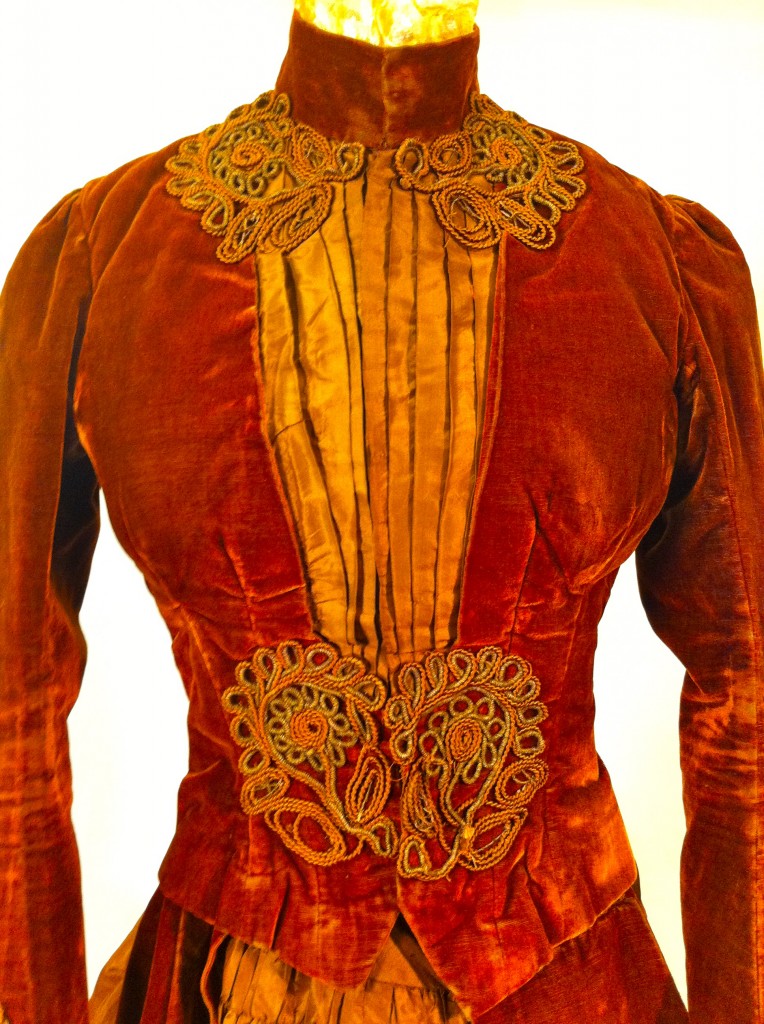
Innovations in 19th Century Dressmaking
During the 20th century, for example, improved communication and manufacturing technology enabled new styles to trickle down from the elite to the masses at ever faster speeds, with the result that fashion change accelerated.
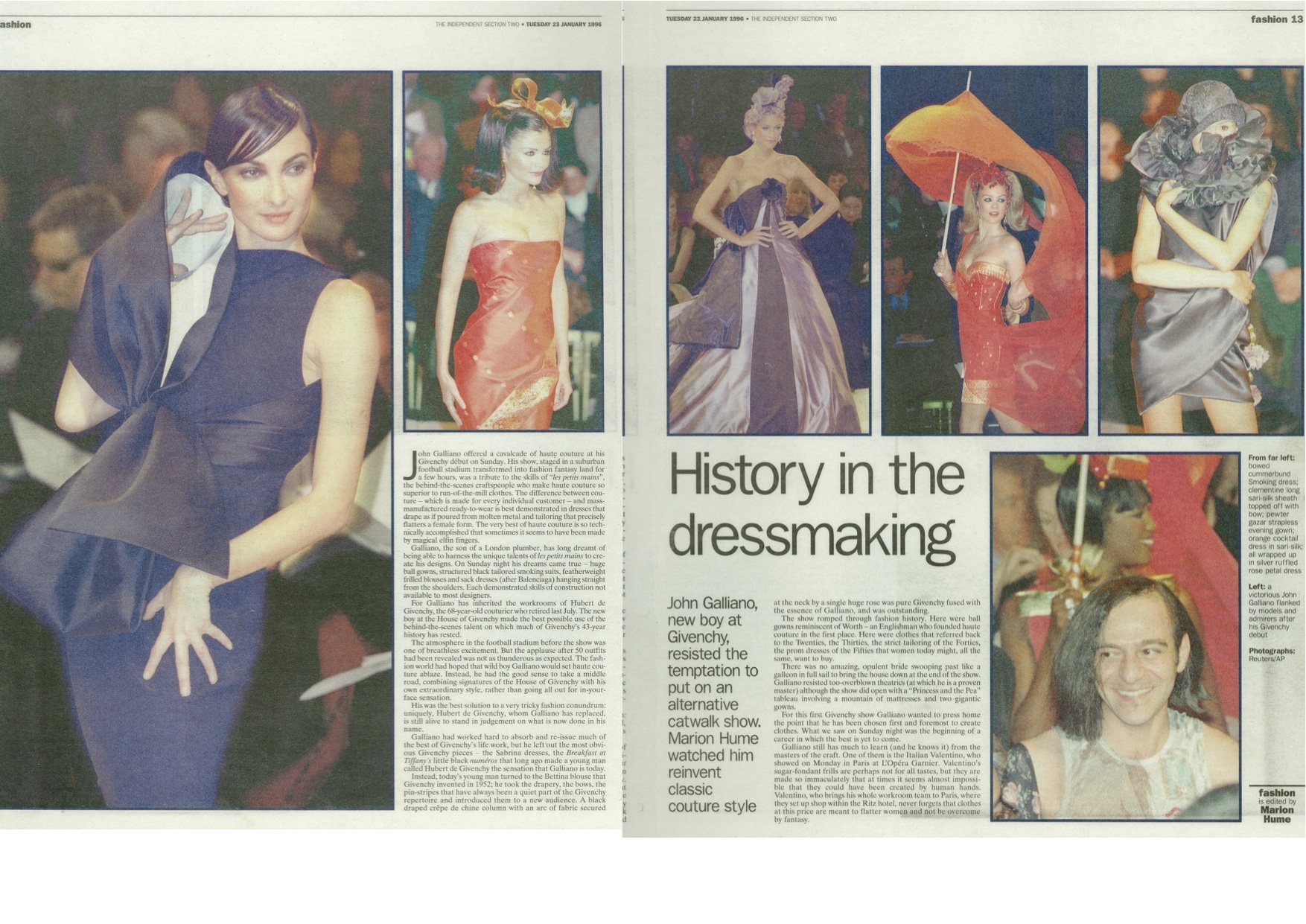
History in the dressmaking John Galliano The indePendent Marion Hume
A Cultural History of Dress and Fashion is a valuable addition to the expanding literature on the place of clothing in the development of society in Europe and America. In volumes ranging from Antiquity to the present, scholars have addressed connecting themes with skill and care. Their work captures key developments in the evolution and.
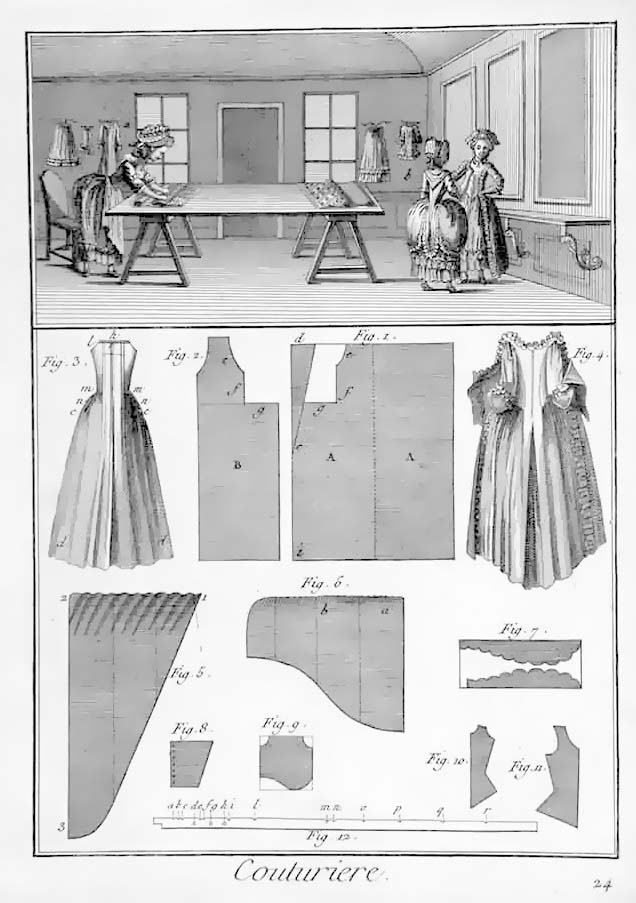
Free Historical Costume Patterns Available Online
From the middle of the 19th Century, world fashion was dictated by designers of the fashion capital of the world, Paris. Whatever Parisians donned the world followed and copied. London also influenced fashion to a lesser extent. In the late 19th century there was a revolution in the fashion scene- a designer was born.
LORNE HILL FARM A short history of dressmaking
Medieval Dressmaking. About 650,000 years ago was when people started to cover their bodies with animal fur and skin as well as bark and leaves. the basic idea was simply to protect the body against the rain, sun, wind, and cold. These primitive clothes were either tied up or wrapped around the body as people went out in the elements to find.

1928 Print McCalls Women Children Flapper Fashion Dressmaking Patterns Frocks eBay 20s Fashion
History of Dress and Textiles. In 1965, The Courtauld introduced the first academic course to be taught in History of Dress, and we therefore recently celebrated our 50 th anniversary . Stella Mary Newton, who led the department, brought a rich background of couture, theatre design and art history experience to the subject, and set the.

Day dress ca. 190405 Victorian fashion, Edwardian clothing, Historical dresses
Dress history Fashion plate, 1835. Journal des demoiselles Dress history is the study of history which uses clothing and textiles to understand the past.
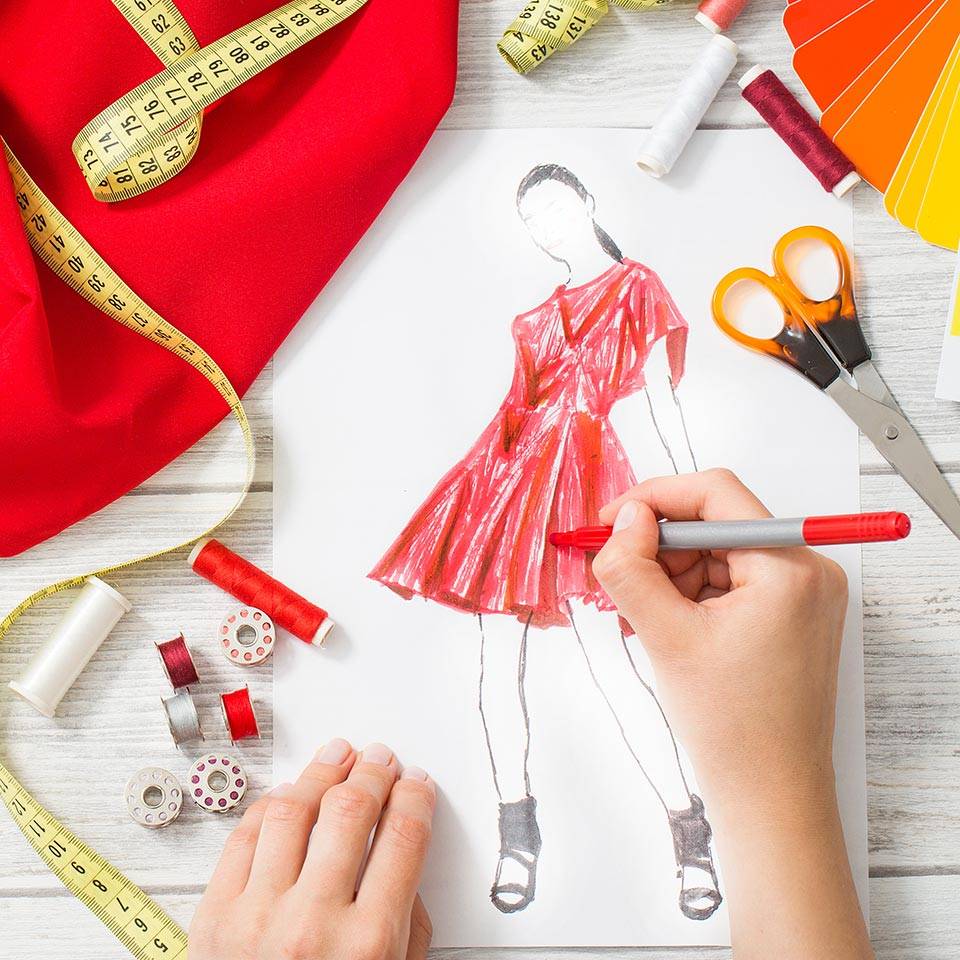
Dress Making Course Online Diploma in Fashion Design
J. W. Barber (1994) suggests that the Latin word tunica derives from the Middle Eastern word for linen and she believes that the tunic originated as a linen undergarment worn to protect the skin against the harsh, itchy feel of wool.

BOOK (1934) First Steps in Dressmaking / Woman's Institute of Domestic Arts Series, Women
Some historians would even argue that the history of dressmaking goes back as far as the invention of the needles. Once woven fabrics, like linen and silk, became the norm, dressmaking as a career became very popular and commonplace.

Make it Today Issue 10 Dressmaking Preview Dressmaking, Easy wear, How to make
We can trace the origin of dresses back to the beginning of humanity when humans formed different social groups or tribes. These social groups grew into communities and even cities. The expansion led to a need to distinguish one tribe from another, and dresses helped to do this. Mesopotamian Dresses The Mesopotamian dresses began the fad.
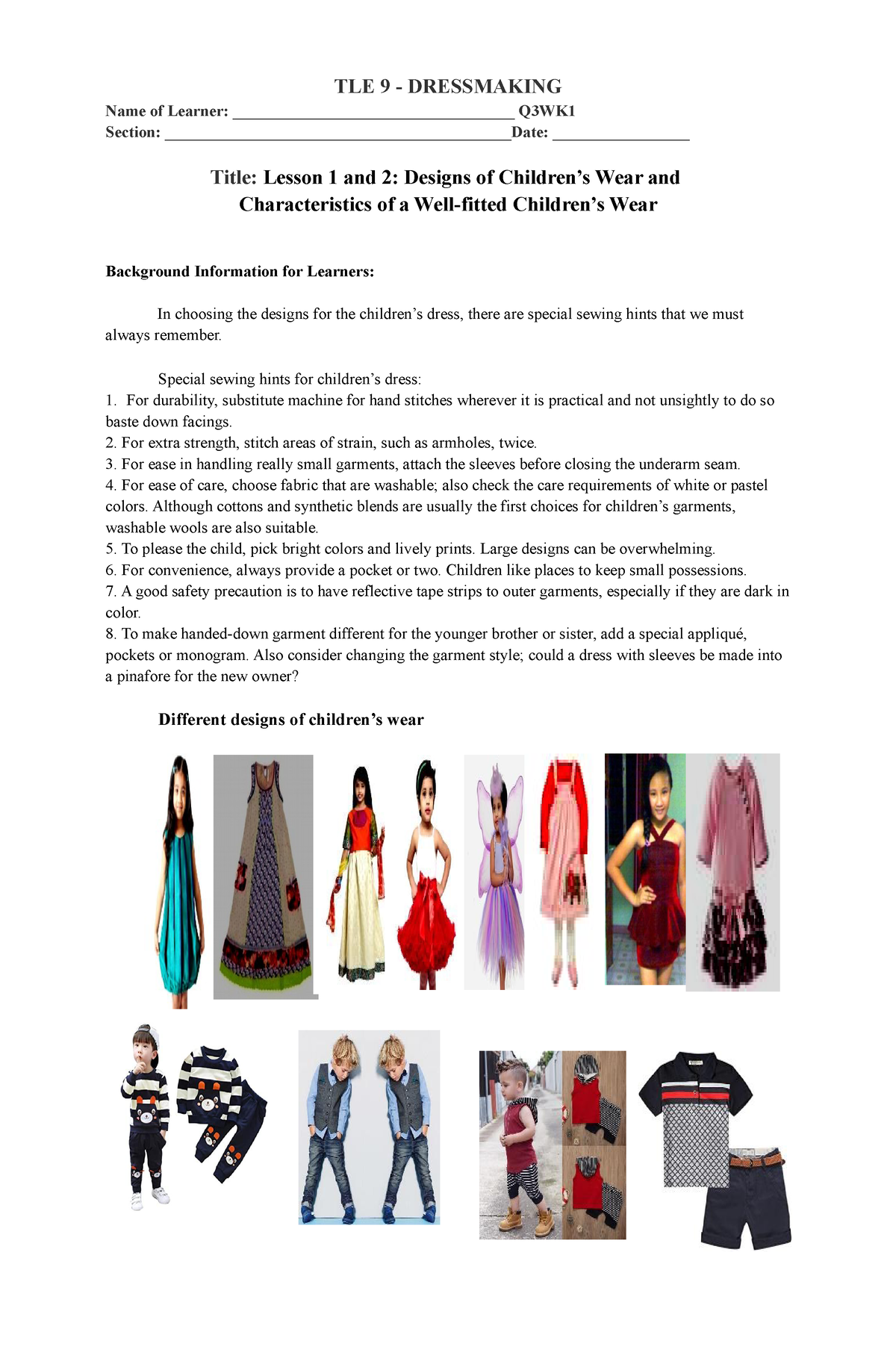
Dressmaking Grade 9 Q3 WK1 WK8 38 pages edited TLE 9 DRESSMAKING Name of Learner Studocu
Custom Dressmaking, 1880-1920. Throughout the nineteenth century, custom dressmaking was one of the few socially acceptable professions for women of multiple ages and classes, including immigrants, young farm girls, wives, and widows. Dressmaking establishments—run and staffed primarily by women—provided creative labor, living wages, and.

Madame Dedal VINTAGE DRESSMAKING Dressmaking, Sewing book, Vintage
dress, clothing and accessories for the human body.The variety of dress is immense. The style that a particular individual selects is often linked to that person's sex, age, socioeconomic status, culture, geographic area, and historical era. This article considers the chronological development of fashionable dress and decoration—that is, the attire selected and adopted by the leading.

Image result for clothes asymmetrical balance Fashion sketches dresses, Fashion drawing
History 11th century In the 11th century, women in Europe wore dresses that were similar to men's tunics and were loose, with a hemline reaching to below the knees or lower. [8] By the end of the century, these dresses featured a tighter fit on the arms and women's upper bodies. [8]

Vintage 50s Sewing Pattern Drafting Book by allthepreciousthings, 42.00 Pattern Drafting
Sure there are 3D-printed ensembles, but the focus is literally embodied by the title, displaying the range of construction techniques from the rise of haute couture in the 19th century to the.

A Brief History of Paper Patterns and Home Dressmaking in the 1930s Tilly and the Buttons
In 1846, Elias Howe, an American engineer patented the first practical sewing machine which used a lockstitch design. Whilst he was not the first to formulate the idea of a sewing machine, Howe made adjustments which improved the performance of the machine significantly. He spent around 8 years on the development of his device.

Pin on Modern Historical Creations
History of fashion design refers specifically to the development of the purpose and intention behind garments, shoes, accessories, and their design and construction. The modern industry, based around firms or fashion houses run by individual designers, started in the 19th century with Charles Frederick Worth who, beginning in 1858, was the first designer to have his label sewn into the.